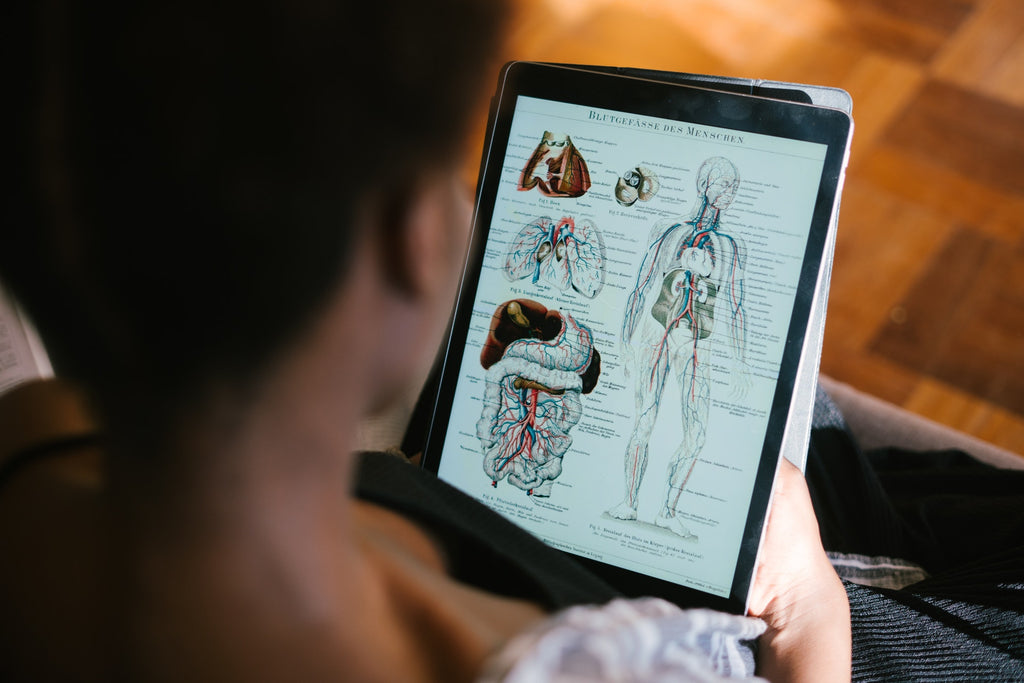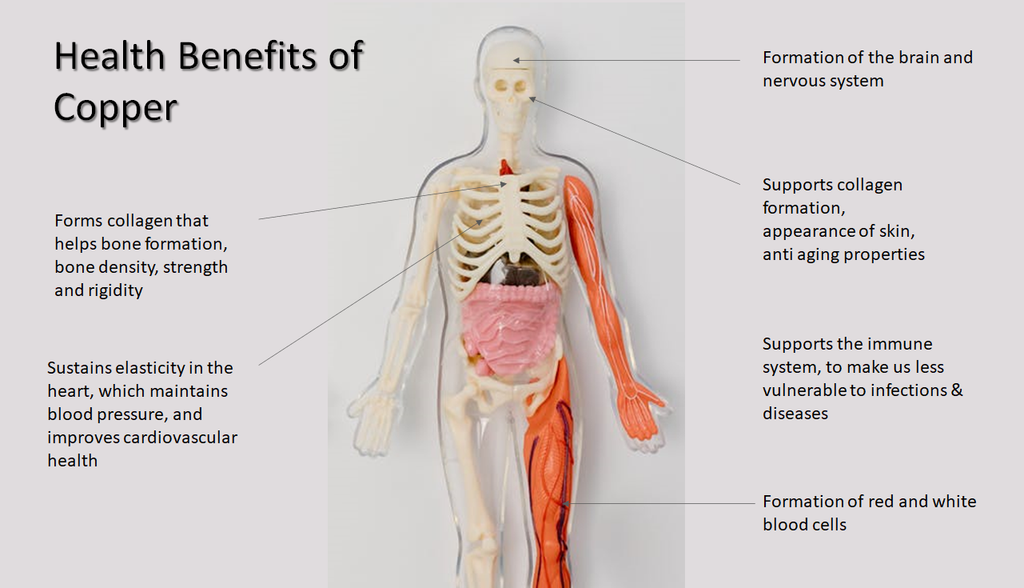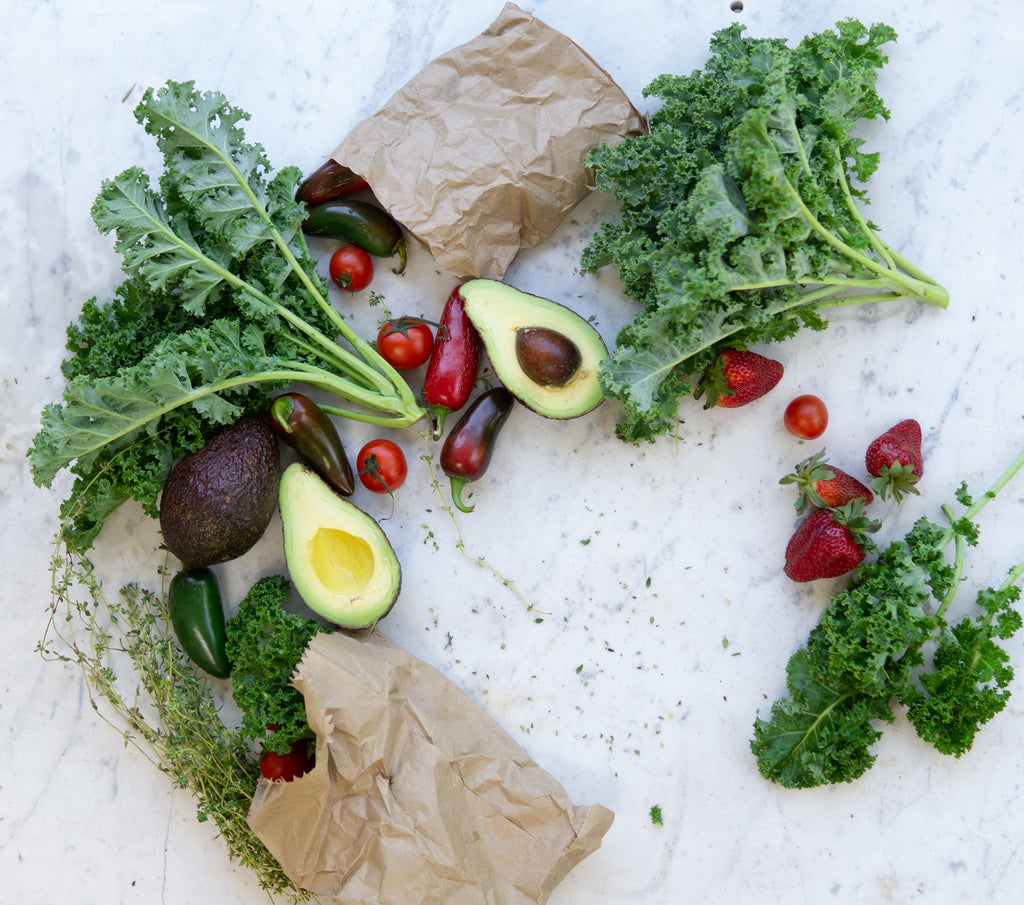Health Benefits of Copper
What is Copper?
Copper is not only a material metal, but is also an important mineral that is said to be essential for our health and wellbeing, and has a number of benefits for our bodies.

Copper, alongside with zinc and iron is used by almost every cell in the body, these trio of minerals that are vital for our well-being. We are unable to form copper within our body- and so we need to acquire it from a number of different sources of foods, such as nuts, seeds, meat, vegetables, and seafood. Dietary supplements are another way in which we are able to ingest the mineral to ensure we are getting enough.
Copper plays a vital role in our overall health and has a number of different health benefits to us.
Coppers Health Benefits
- Protecting bone density. Collagen formation is crucial for bone formation, density, and repair within bones.
- Supporting the immune system to make us less vulnerable to infections and diseases.
- Producing red and white blood cells.
- Sustaining the elasticity within the heart, which maintains blood pressure, and improves cardiovascular health.
- Supports collagen formation- important for the appearance of our skin, anti-aging properties.
- Formation of the brain and nervous system.
- Helps heal wounds.

What foods are good sources of copper?

There are a number of foods that are especially rich in the copper mineral and will help you to get your daily required intake.
Copper Rich Foods Include:
- Nuts & Seeds- Cashews, almonds, brazils, poppy, sesame, sunflower seeds
- Organ Meats- Liver, kidneys
- Seafood- Oysters, lobster, clams, crab
- Leafy Greens- Kale, spinach, Swiss chard
- Fish- Salmon, sardines, shrimp, tuna steak
- Beans & Pulses- Lentils, soya, chickpeas, tofu, quinoa
- Vegetables- Shitake mushrooms, avocados, sweet potatoes
- Cocoa- Dark chocolate with high % of cocoa (70-85%)
It is also thought that if you obtain your drinking water through copper pipes then there will be a very small amount of copper contained within the water you drink. It can also seep into foods if using copper saucepans when cooking. Both of these- although in very small amounts will also contribute to your daily intake.
You can avoid a deficiency of copper by eating a healthy and varied diet. You should be able to get enough of your daily recommended amount from foods without the need for any dietary supplement, however multivitamins will contain the recommended daily allowance.
How much copper is needed?
The NHS advise that adults between the ages of 19 – 64 need 1.2mg of copper each day.
Copper Deficiency
Whilst your balanced diet should give you what you need, signs of copper deficiency can lead to a number of health problems such as:
- Anaemia
- Heart problems
- Brittle or broken bones
- Circulation problems
- Low white blood cell count
- Thyroid functioning
Getting too much copper
Huge amounts of excessive copper consumption could lead to a number of different symptoms that could lead to health problems such as:
- Stomach pain
- Diarrhoea
- Sickness
Long term overdosing can do damage to the liver and kidneys (over a prolonged period)
Copper is an important mineral that we are able to obtain in a number of ways through a healthy and balanced diet. It has a huge number of health benefits, and plays a big part in maintaining our overall health and wellbeing.
